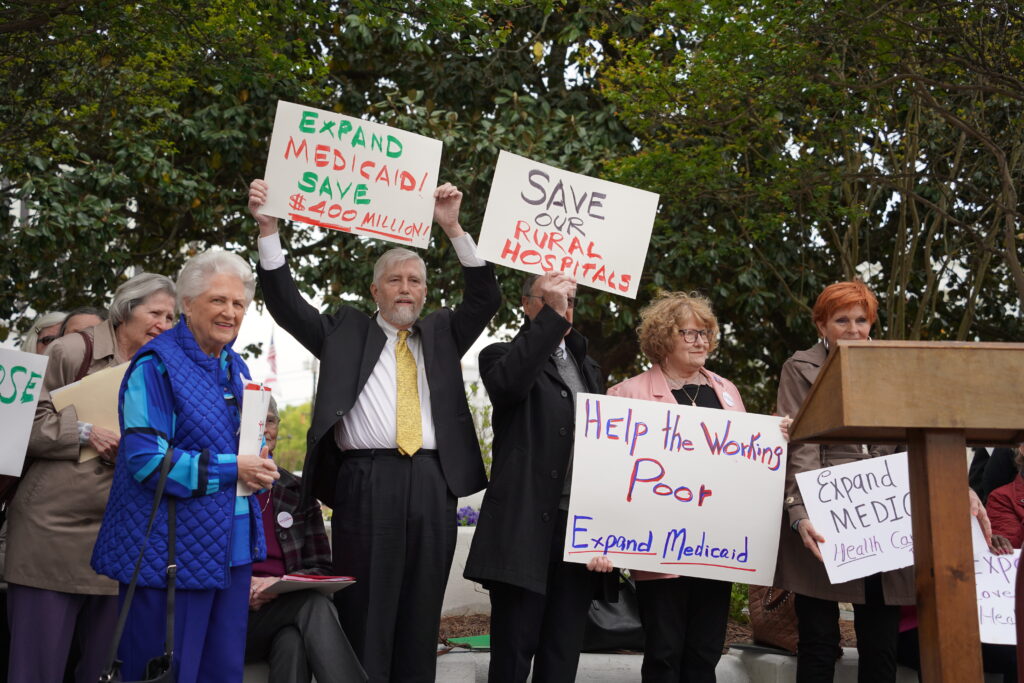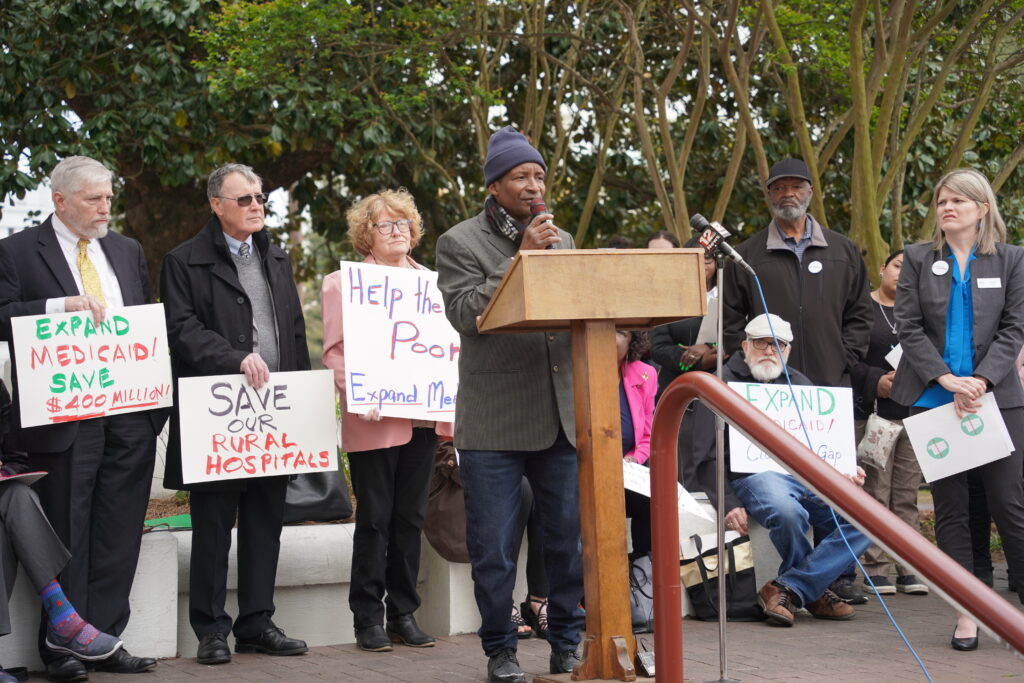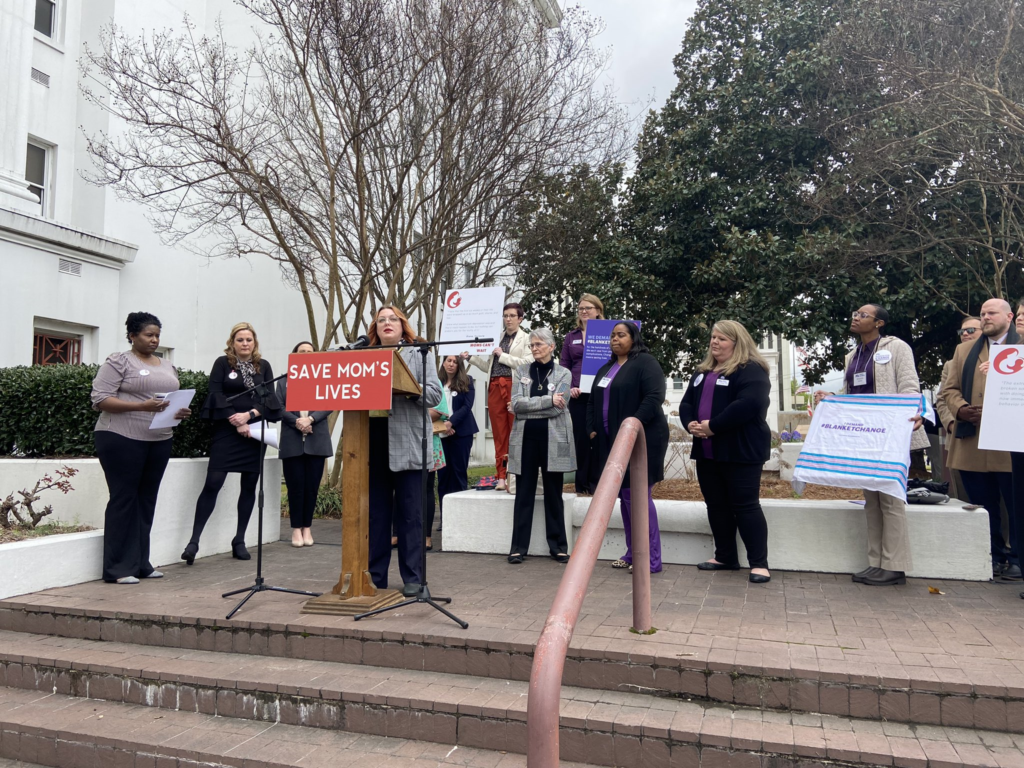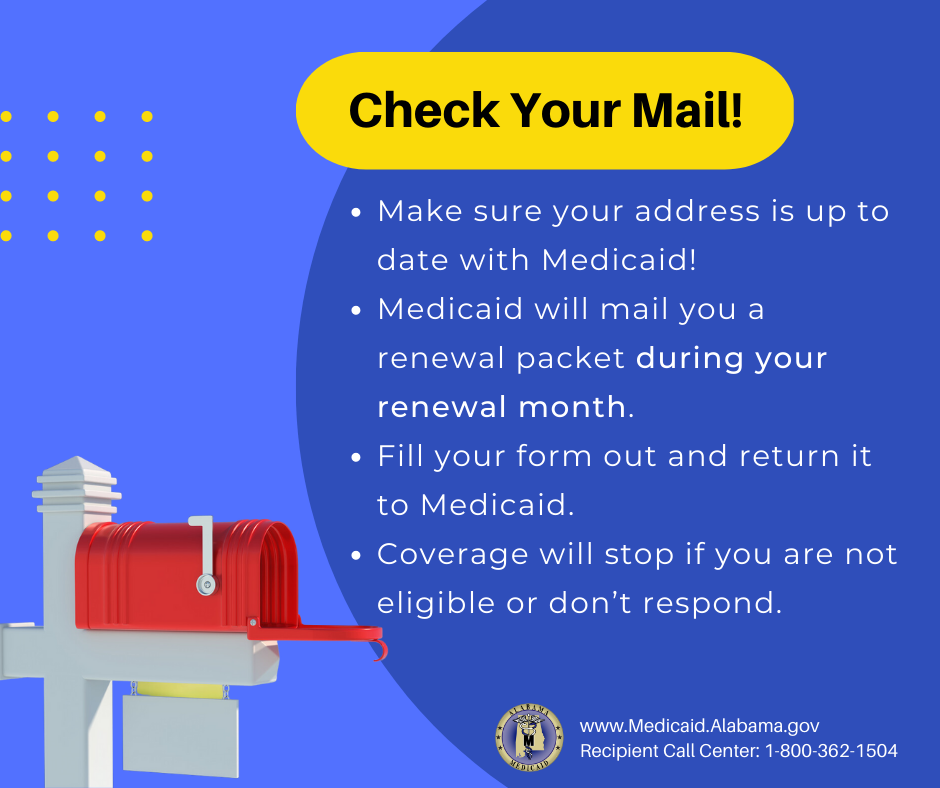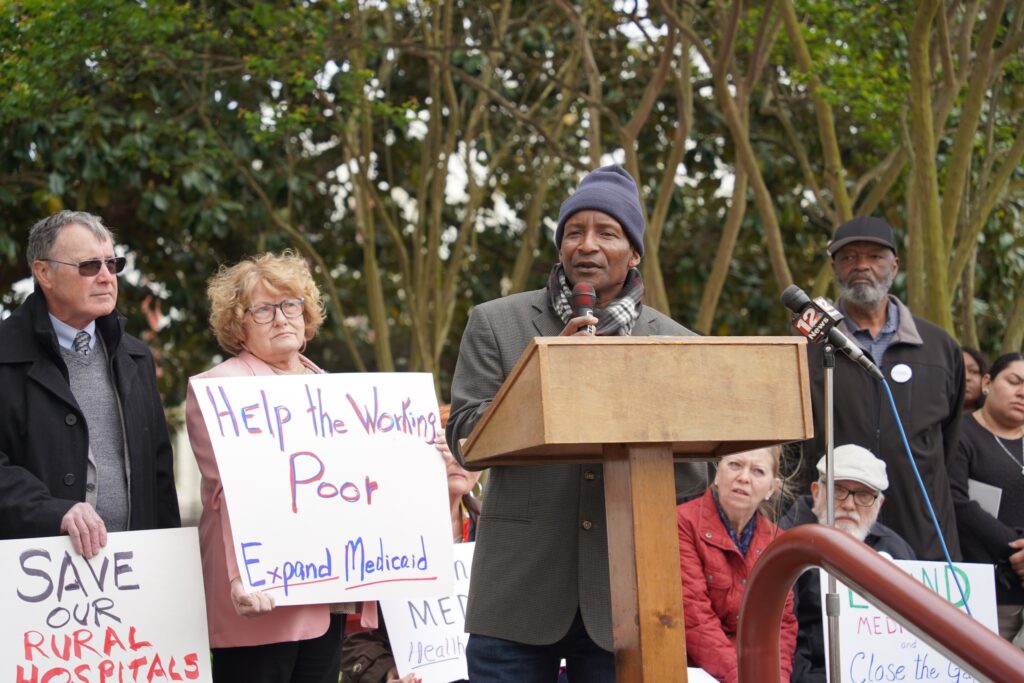With North Carolina having joined the list of Medicaid expansion states, Alabama remains part of a dwindling group of just 10 states that have not closed the health coverage gap. More states are starting to realize the benefits of Medicaid expansion and finally adopting this life-saving measure.
But Alabama unfortunately remains an outlier. By failing to expand Medicaid, our state continues to jeopardize the health of its people. This means nearly 300,000 hard-working Alabamians continue to struggle to afford health coverage. It means a weakened health care system as rural hospitals become vulnerable to closure. And it means lawmakers are forgoing substantial federal funding that could fortify state budgets.
There’s a better way. Alabama can and should expand Medicaid to save lives, create jobs and boost tax revenues across our state.
Expansion would be a lifeline to struggling Alabamians
The traditional Medicaid program in Alabama has notably one of the strictest eligibility requirements in the country. A parent in a family of three qualifies for Medicaid coverage if their annual income is below 18% of the federal poverty level (FPL), equating to $4,475 a year.
With expansion, Medicaid would cover all adults with incomes up to 138% FPL, or $34,307 for a family of three. This would include many adults who have no children and are frequently left in the health coverage gap. Most importantly, it also would provide financial relief to Alabamians struggling to afford health care.
Medicaid expansion would ensure health coverage for those who work low-wage jobs and can’t afford other forms of health insurance. It also would benefit workers switching jobs, adults staying home to care for other family members and people with disabilities awaiting SSI determinations. Expansion also would bring in additional federal revenue to invest in communities, rural hospitals and other health care support services.
Gov. Kay Ivey has the authority to begin Medicaid expansion administratively without legislation. Yet the governor’s spokesperson recently said, “The governor’s concern remains how the state would pay for it long-term.”
This blog post answers that question. It highlights how Medicaid expansion would keep hard-working Alabamians healthy and help rural hospitals remain open to serve their communities.
Fortifying the General Fund
Alabama’s budgeting structure is different from most states. However, this should not prevent the state from affording expansion in the long term.
Alabama is one of five states to have two separate budgets: the General Fund (GF) and Education Trust Fund (ETF). The ETF, created to prioritize education, receives state sales tax and individual income tax revenues, and is the state’s largest operating fund. The ETF makes up around 75% of the two combined budgets.
Under traditional Medicaid expansion, the federal government commits to paying 90% of the cost for new Medicaid members. States must cover only the remaining 10%. In other states, Medicaid expansion fueled more jobs and increased revenues that contributed to covering states’ share of expansion costs.
In Alabama, those increased revenues would be allocated to the ETF. This however, does not mean the GF, which finances non-education services (including Medicaid), would suffer due to expansion. Instead, because of increased incentives, Alabama would receive a federal signing bonus to cover expansion costs for several years.
Bringing federal tax dollars back home
Alabamians, like people across the country, contribute tax dollars each year that fund Medicaid expansion in states that already have adopted the program. However, Alabamians do not see those tax dollars coming back home. Ivey can bring those tax dollars back to Alabama as the federal government covers 90% of Medicaid expansion’s costs.
Without expansion, Alabama spent $7.7 billion in fiscal year 2020 on Medicaid. This money came from three main sources: the GF (10% of Medicaid’s funding), other state share sources (14%) and federal funds (76%).
These substantial federal funds result from the federal medical assistance percentage (FMAP) calculation. Alabama’s FMAP is projected to be 73.96% in 2024. That means the state will be responsible for funding 26.04% of the regular Medicaid program.
While federal funds already make up the vast majority of the state’s Medicaid funding, Alabama is leaving an estimated $619.4 million more in federal funding on the table by not expanding Medicaid. Under the American Rescue Plan Act (ARPA), states that finally adopt expansion will receive a signing bonus in the form of an additional 5% FMAP increase for the regular or already enrolled Medicaid population for two years.
In other words, once Alabama expands Medicaid, its federal match would increase to around 78.96% for two years. Alabama’s costs for the current program would fall to 21.04% for those years. On top of this, the federal government would pay 90 cents of every $1 of the cost to cover people newly covered by Medicaid expansion. And that 90% federal match would be permanent. This is a deal Alabama simply cannot afford to pass up.
Additional state savings that support the General Fund
Expansion also would help Alabama realize significant GF savings through a more generous federal match rate for services that the state already funds. Alabama pays for anywhere from 26% to 100% of the cost of these services now. These services include coverage for pregnant women, the Breast and Cervical Cancer Treatment Program, family planning services, mental health and substance use programs, and inpatient care for incarcerated people.
But after expansion, the federal government would cover 90% of the cost of these services for the expansion population. This would reduce the state share to 10% for those Medicaid members. For example, if Alabama expanded Medicaid, the state could reduce its cost to provide Medicaid coverage for pregnant people by an average of $30.5 million per year over the next six years.
Alongside a reduction in uncompensated care, these savings are projected to save the state $266 million over the next six years after expansion. These substantial savings would help support the GF for years, offsetting costs after the two-year FMAP bump ends.
As a result, Alabama would have a net $41 million extra per year after paying for the cost of Medicaid expansion.
Keeping rural hospitals open
Rural hospitals and providers are facing a funding crisis right now. This is especially true in states that have not yet adopted Medicaid expansion, which would provide financial relief to Alabama’s rural hospitals at risk of closing. North Carolina’s Republican lawmakers emphasized rural hospital closures as one reason they expanded Medicaid now after 10 years of resistance.
Between 2011 and 2020, eight Alabama hospitals closed, leaving many communities stranded without adequate health care access nearby. Following the onset of the COVID-19 pandemic, Congress passed legislation to provide temporary funding relief and a provider relief fund to support rural hospitals and keep them open.
These funds slowed the rate of rural hospital closures to its lowest point since 2010. They also enabled rural hospitals to continue operating during a time when communities needed them most. However, this temporary funding has ended, putting rural hospitals at risk of negative operating margins and closures once again.
Medicaid expansion is an important step to keep hospitals open. Being in an expansion state decreases the likelihood of hospital closure by 62%. Expansion also sharply reduces uncompensated care, or services for which hospitals or health care providers are not reimbursed by some type of health insurance. Uncompensated care is a primary reason for hospitals having worse operating margins and closing.
In a year when uncompensated care could skyrocket as the pandemic’s continuous coverage requirement ends, expansion is the solution Alabama needs to protect rural hospitals and communities. With at least 15 rural hospitals at imminent risk of closing in Alabama, it’s crucial for state lawmakers to consider the importance of expansion to keep rural hospital doors open and provide critical care to rural communities.
Supporting hard-working Alabamians
Medicaid expansion is designed to support hard-working Alabamians who have no other opportunities for health coverage. Single parents working multiple jobs to make ends meet for their family are often who benefit the most from expansion.
Alabama has a total of 79,000 uninsured adults in the labor force. Additionally, 40,000 people in Alabama are parents with children at home, including one-third who have a child under 5. Many of these individuals may serve as unpaid caregivers, needing Medicaid coverage to keep themselves and their families healthy, while also being unable to meet stringent work reporting requirements.
Medicaid expansion would be a valuable tool to help people find work or stay employed. Medicaid coverage has proved helpful to unemployed individuals as they look for work. And Medicaid coverage has helped employed people keep working and perform better at work.
Additionally, a survey found that 81% of non-disabled people with young children worked in the past year. Proposals to add work reporting requirements to Medicaid have one main effect: causing people who already are working or who should be exempt from the requirements to lose their critical Medicaid coverage due to burdensome paperwork and administrative barriers. Thousands of Alabamians are working hard and in desperate need of the health coverage Medicaid expansion would provide.
Medicaid expansion is a vitally needed policy that would keep Alabamians with low incomes healthier. It would help rural hospitals and providers remain open to serve their communities. And it would fortify the GF due to increased federal investment. Ivey and Alabama lawmakers should put the people of Alabama first by expanding Medicaid.
